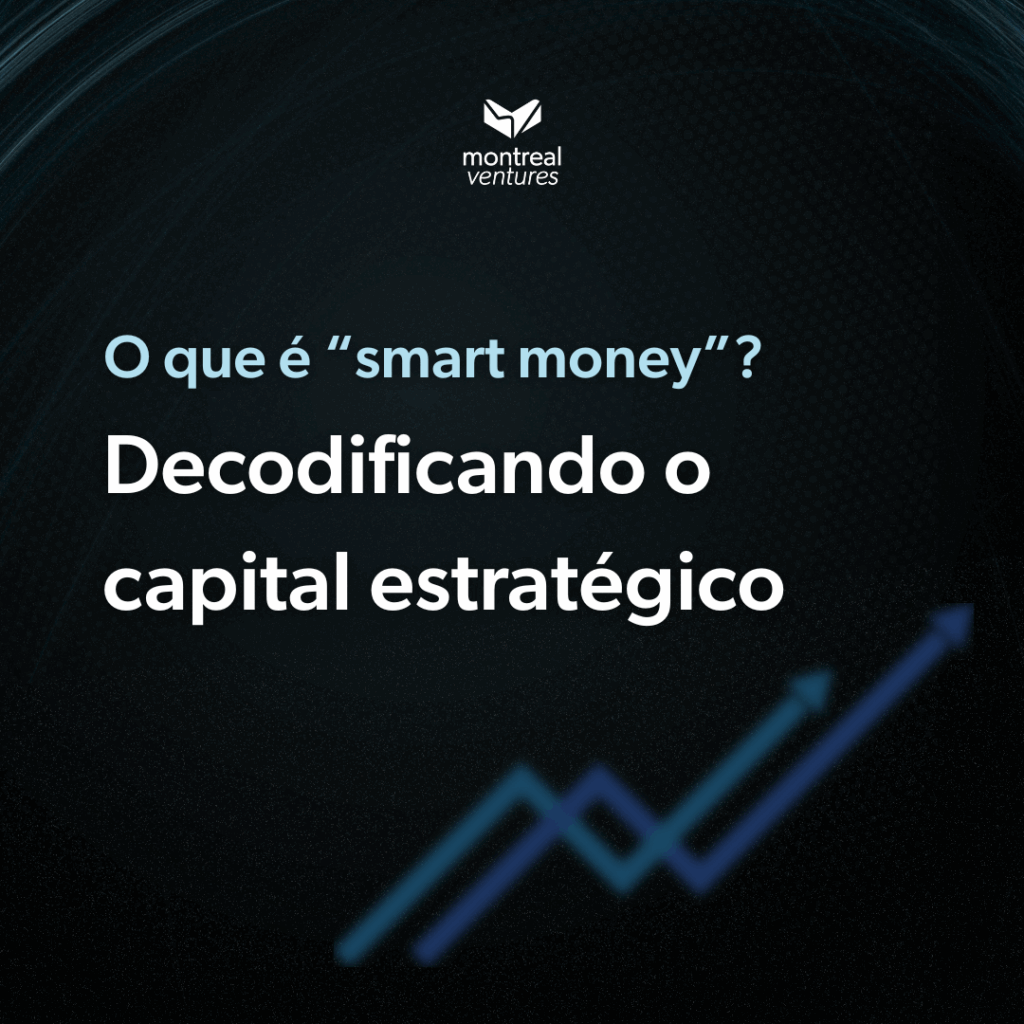1. introduction
Artificial Intelligence (AI) is no longer a futuristic concept; it is intrinsically linked to our daily lives, especially in programming. This article explores the impact and prospects of generative AIs in software development. The promise of AI for code assist is clear: to transform the way developers work, increasing productivity, code quality and delivery speed.
AI is the ability of machines to perform tasks that normally require human intelligence, such as learning, problem-solving and decision-making. This technology is ubiquitous in many areas, from virtual assistants to autonomous vehicles, and its impact on software development is constantly expanding. In this article, we will focus on generative AIs and tools such as GitHub Copilot, Gemini and ChatGPT, discussing the impacts of these technologies and the ethical issues involved in their adoption, with an emphasis on the significant changes they can bring to the industry.
2. Types of AI
- Narrow AI
Weak AI is designed to perform a single task or a restricted set of tasks efficiently. Examples include virtual assistants like Siri and Alexa, recommendation systems on streaming platforms and predictive models in medical diagnostics. This is the stage we are currently at. - Strong AI (General AI)
Strong AI, still in the development stage, is a technology with comprehensive cognitive abilities, capable of performing any intellectual task that a human being could perform. This type of AI represents a long-term goal for artificial intelligence research. - Superintelligent AI
Superintelligent AI, which remains theoretical, would surpass human intelligence in all aspects, including creativity, problem-solving and social skills. This concept raises significant concerns about safety and ethics.
3. AI Algorithms and Machine Learning
Modern AI is underpinned by machine learning (ML) and deep learning (DL) algorithms, which allow systems to improve as they are exposed to more data. These algorithms are fundamental to the development of generative AIs, such as large language models (LLM), which can create new data by identifying and replicating learned patterns.







